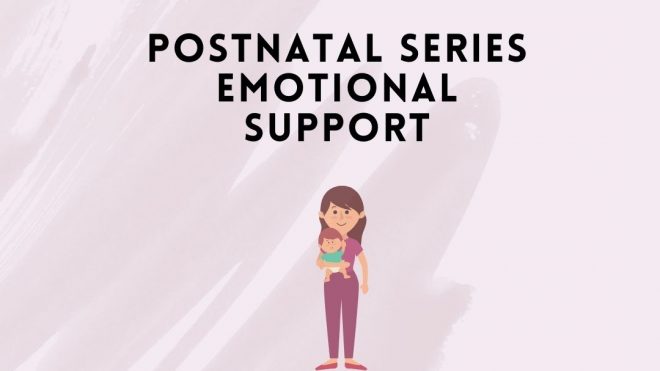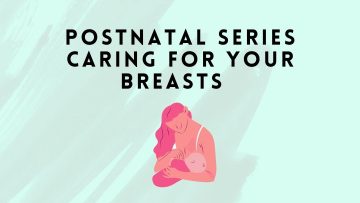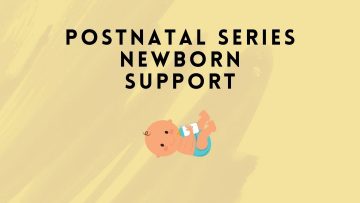Caring for a newborn is an incredible experience, but it can also be hard. Your body is trying to recover, your sleep is all over the place and, if it’s your first baby, you’re trying to learn how to feed, swaddle and change nappies – all on the job. For other mums, there’ll be older children to care for.
Taking care of yourself is essential to your and your partner’s emotional wellbeing. Whether that’s asking friends and family to help, taking a 20-minute nap, eating a simple healthy meal, showering, listening to a podcast or going for a walk – it all helps.
It’s normal to feel up and down in the postnatal period. 80% of women experience the ‘baby blues’, usually on the third or fourth day after birth. You may feel tearful, irritable, restless or anxious. These feelings usually subside within two weeks of giving birth.
10-15% of women experience postnatal anxiety and depression (PND), typically first showing signs in the first few weeks after the baby’s birth. PND can range from mild to severe and, while the symptoms will vary from person to person, PANDA (Perinatal Anxiety & Depression Australia) says that they may include:
• Panic attacks (a racing heart, palpitations, shortness of breath,
shaking or feeling physically ‘detached’ from your surroundings)
• Persistent, generalised worry, often focused on fears for the
health, wellbeing or safety of the baby
• The development of obsessive or compulsive thoughts and/or
behaviours
• Abrupt mood swings
• Feeling constantly sad or low, or crying for no obvious reason
• Being nervous, ‘on edge’ or panicky
• Feeling constantly tired and lacking energy
• Having little or no interest in all the normal things that bring joy
(like time with friends, exercise, eating or sharing partner time)
• Sleeping too much or not sleeping very well at all
• Losing interest in intimacy
• Withdrawing from friends and family
• Being easily annoyed and irritated or feeling angry
• Finding it difficult to focus, concentrate or remember (people with
depression often describe this as a ‘brain fog’)
• Engaging in increased risk-taking behaviour (e.g. alcohol or drug
use)
• Having thoughts of harming your baby yourself.
If you experience any of these signs or symptoms for longer than two weeks, you may have PND. There are many places that can help:
1. Speak to your Obstetrician or GP
2. Call PANDA’s helpline on 1300 726 306 or visit www.panda.org.au
3. Visit COPE www.cope.org.au
4. Visit Beyond Blue Pregnancy and new parents (beyondblue.org.au) or call their 24-hour hotline 1300 22 4636
Seeking help early is essential. Remember, you are not alone and there’s plenty of support available.



